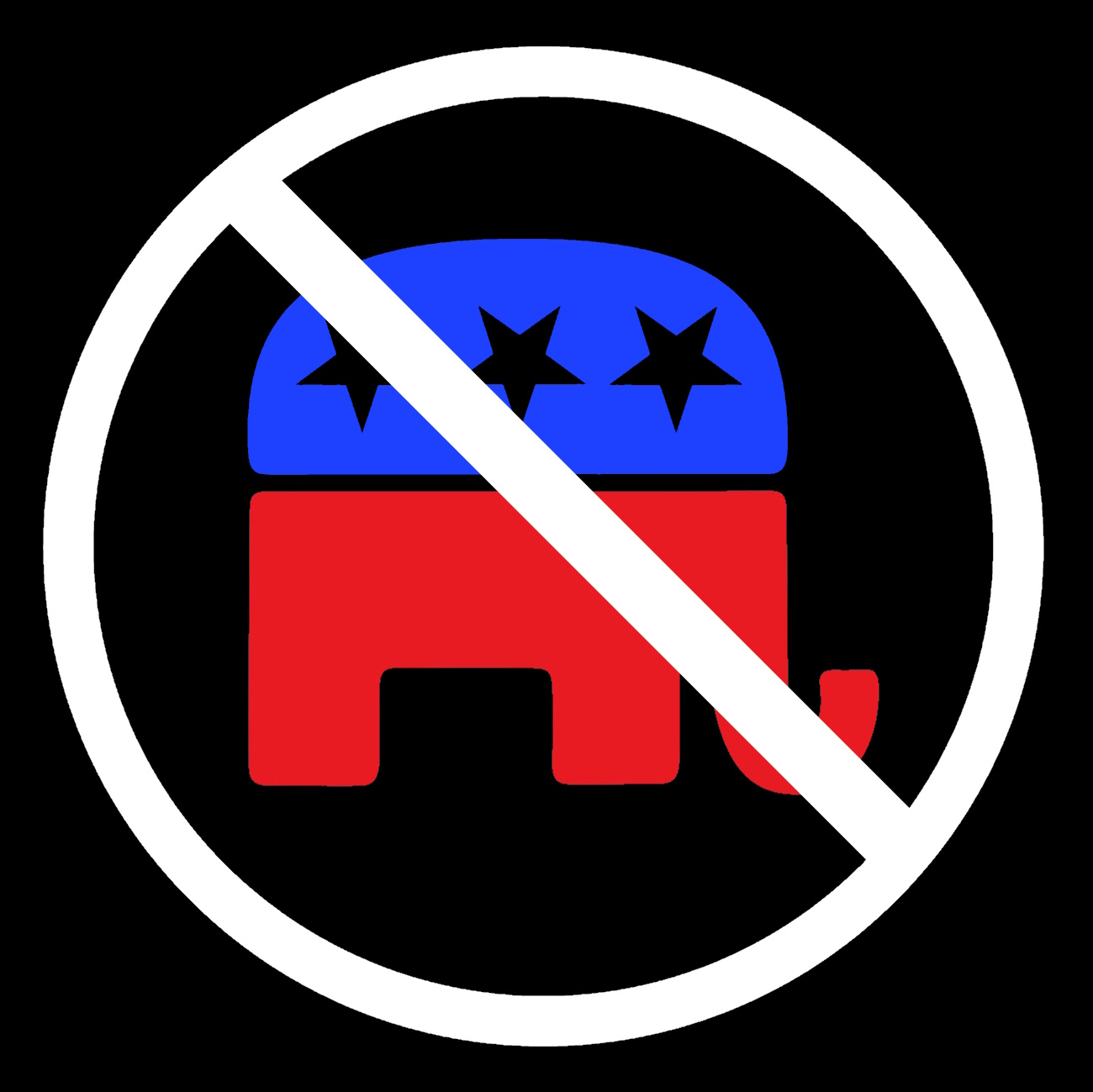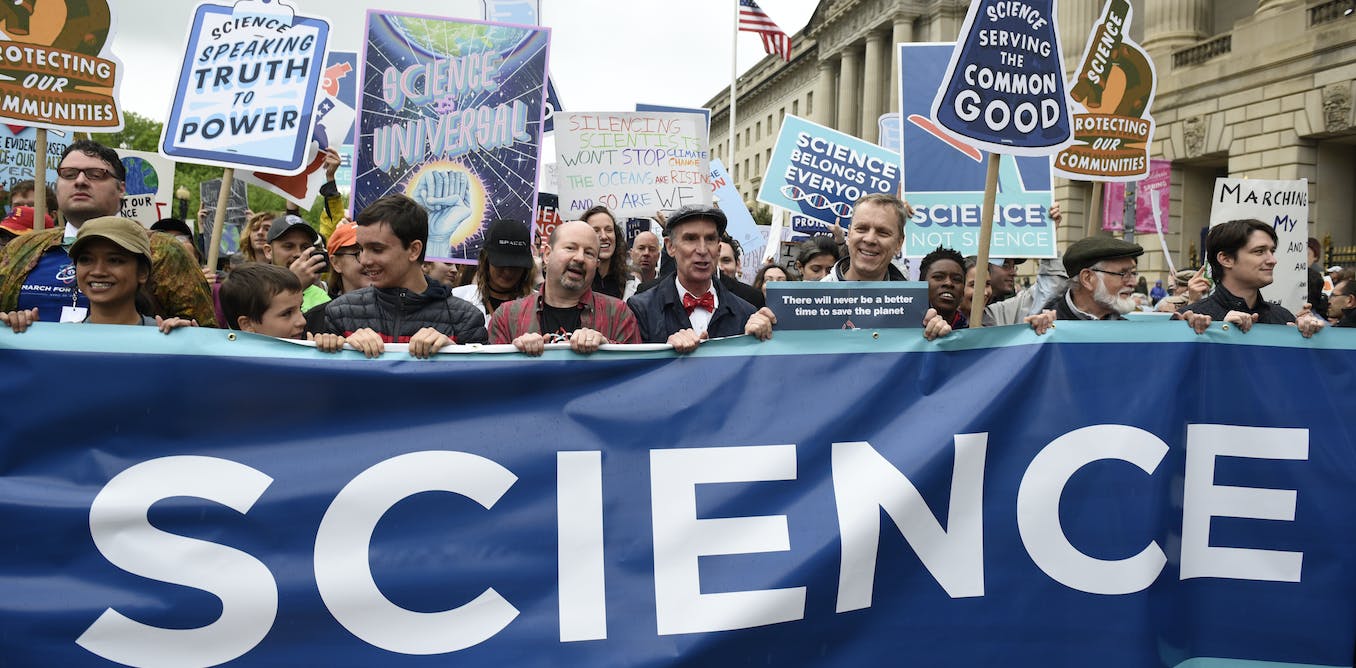Aesthetics, plus the seductive appeal that pre-modern, pre-liberal-democratic societies (when the governments were authoritarian, the women were submissive, and the men “were men”) have for reactionaries, incels, and cryptofacists.
- 6 Posts
- 637 Comments
 16·2 months ago
16·2 months agoWhile I’d personally argue that the quality of the character development, writing, and storytelling in the show doesn’t even achieve the level of “fine”, you’re right in that 1) people should be allowed to enjoy things in peace and 2) RoP in particular attracts criticism which is often hyperbolic. At the same time, however, there should also be the freedom to honestly critique a piece of media without being labeled as a hater, obsessive fanboy, or a neckbeard, etc. Especially when dealing with an IP as treasured as Tolkien’s.
Whether you find this article excessive in its criticism or not, the writer makes the very valid point that the media landscape today is becoming increasingly saturated with this 'memberberries/nostalgia/callback type of storytelling, along with the constant stream of prequels and sequels based on this formula. People are growing tired of it, and Rings of Power has it deep in its bones.
For a good examination of the showrunners’ over-reliance on referencing the Jackson movie trilogy in lieu of interesting, original storytelling, I highly recommend this YouTube video. I think it really gets to the core of why so many people find RoP frustrating or disappointing as a show in its own right, let alone as a Tolkien adaptation.
 393·2 months ago
393·2 months agoHard to argue with him about the JJ-Abramsification of all things, or the perplexing fact that modern audiences appear to lap it up.
Watching season one of RoP felt undeniably reminiscent of watching The Force Awakens and almost hearing the audible *ding as yet another callback got checked off the list. It’s not art any more; it’s just content to be consumed.
And what is dropping this wikipedia link supposed to prove?
Does it contradict the scholarly article I cited which supports everything I said?
P.S. who is “you people”?
Gaddafi literally funded terrorist attacks on the US in the 80s, which led to about 15-20 years of political disruptions between the two countries.
According to the Regan administration perhaps, but not according to intelligence agencies from several European countries. There was a concerted effort to link Gaddafi to individual terrorist attacks, like the Lockerbie bombing, although there was no hard evidence to support that.
It seems we’re largely in agreement then - that 1) NATO did, in fact, make a move on Gaddafi and 2) the West supported him when it was beneficial but turned on a dime the minute he stopped cooperating.
That also overlooks all the times western powers were friendly with Gaddafi. They didn’t mind him following his ascent to power, nor in the post 9-11 period when the U.S. and European countries restored diplomatic ties with Libya, and Western oil companies re-entered the Libyan oil sector.
In 2007, the UK’s Tony Blair visited Libya to strike up energy deals, and France’s Sarkozy met with Gaddafi for military and economic agreements.
Was Gaddafi a supervillain then too, or did he only become one when his interests were no longer aligned with the Western powers?
He certainly played up to the role, presumably for egotistical reasons, but most of it was sabre rattling bravado. He wasn’t seen as a genuine threat by Western intelligence agencies.
Also, NATO forces didn’t have to kill Gaddafi directly in order to be instrumental to his deposition. Their air strikes were highly effective in destabilizing the regime and empowering opposition forces within Libya. Besides, you only have to look at the history of US intervention in Latin America for many examples of how regime change can be carried out via proxies and rebel groups.
Except there is strong evidence that Western powers (predominantly France, the UK and US) created the fiction of Gaddafi being a global supervillain and then used NATO forces to enact regime change in Libya, under the pretext of “preventing civilian casualties”. In fact, the real objective was to secure Libyan oil reserves and open the country up to western markets.
NATO is often used an extension of Western foreign policy. To pretend it is solely a benevolent peace keeper is just as simplistic and naïve as saying that everything the West does is pure evil.
 15·2 months ago
15·2 months agoCould you share any specific examples? I haven’t seen or read any instances of him being that off the mark.
All true, but that doesn’t disprove my point. The risk was non-zero, so it was still worth investigating.
Yes but the difference is that there were reasonable grounds to suspect that prolonged exposure to RF waves might possibly cause some harmful effects. The WHO didn’t categorize radio frequency radiation as a potential carcinogen based on no evidence at all:
https://www.iarc.who.int/wp-content/uploads/2018/07/pr208_E.pdf
The possibility of there being a link was not absurd, per se.
To be fair, the evidence about a link between cell phone radiation and cancer has been inconclusive for quite some time. After all, a series of inconclusive or null results doesn’t mean there is categorically no link – it could equally mean that more research is needed.
That said, I do agree that if there were a casual link in this case then it would have made itself apparent by now, given the huge increase in cell phone usage over the past few decades.
Ear buds or IEMs typically have a much higher sensitivity than full sized headphones. The higher the output power of your PC’s headphone out, the louder your earbuds will be at any given volume %.
There isn’t anyway around this except to manually change the volume whenever you use your earbuds.
-
Israel primarily needs bombs, and lots of them. No other country could provide Israel with bombs and planes on the scale that the US currently supplies them. A US arms embargo would force Israel to use up its current stockpiles, and could seriously affect their war effort.
-
Israel has initiated all of the recent military strikes in Iran, Syria, and Lebanon and despite this, none of Israel’s neighbors, not even Iran, want escalation to a full scale conflict. The idea that they would all suddenly attack Israel following a US arms embargo is sheer fantasy.
-
The US State department is imposing restrictions on Israel’s use of US weaponry? Uh, since when? They are not currently imposing any restrictions, even though they should be under the Leahy Laws, so imposing an embargo would not change Israel’s behavior in this regard whatsoever. All this talk of being “in compliance with international humanitarian law” when it comes to Israel is a total PR farce.
-
Sure, because our current economic system creates governments and laws that protect private capital and short-term exploitation at the expense of the natural world.
I do see hope in the book, though. Once you look beyond the human scale, it shows us that trees are always going to outlast us, no matter how hard we try to destroy our environment. The question is - can we learn from their patience and adaptability before we screw ourselves beyond the point of no return?
I haven’t finished it yet, but so far the fatalism seems to be balanced by the reminder that we are intrinsically linked to the natural world, and that it is never too late to seek solace in it.

 71·2 months ago
71·2 months agoThey allowed the family of an Israeli hostage on stage. Why not afford Palestinian Americans the same courtesy to have one of their own represented? Hell, they could have stood alongside the hostage’s family to show solidarity and hope for peace in the future.
The Uncommitted movement did everything the “right way” – they went through the official channels and offered the DNC a list of speakers and gave them permission to vet the speech however they wanted. But apparently that was still too big of an ask.












According to this YouGov poll of least <> most trusted news sources , CNN lands bang in the middle of the pack. So not as bad as FOX, but not as high as PBS or ABC.
As for my own 2¢, all the US cable news channels are varying degrees of bad. Best to avoid, generally speaking.